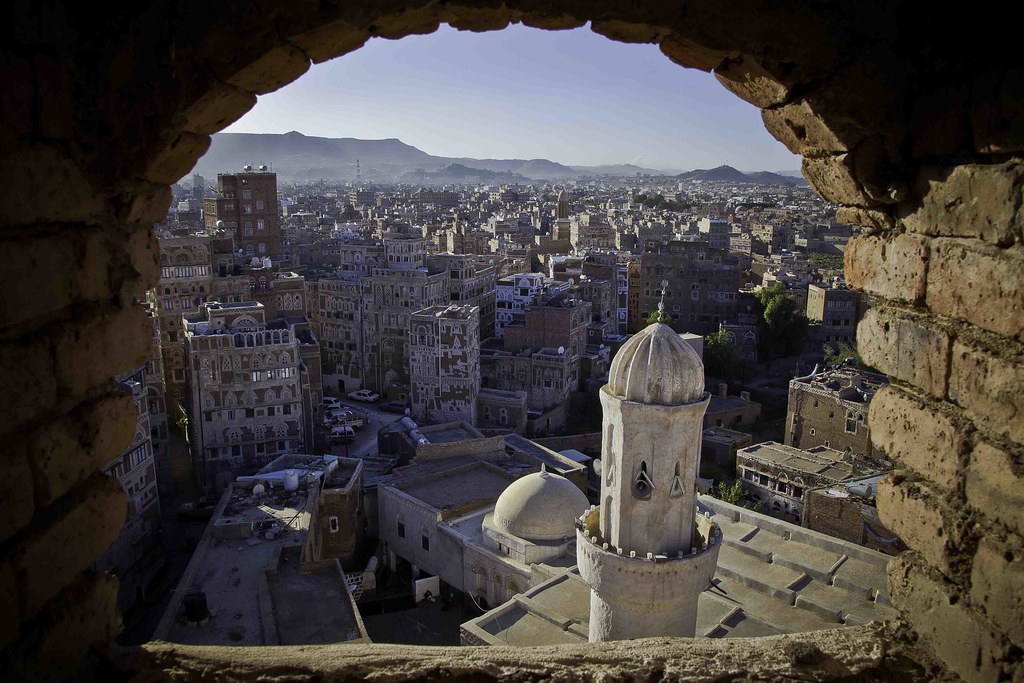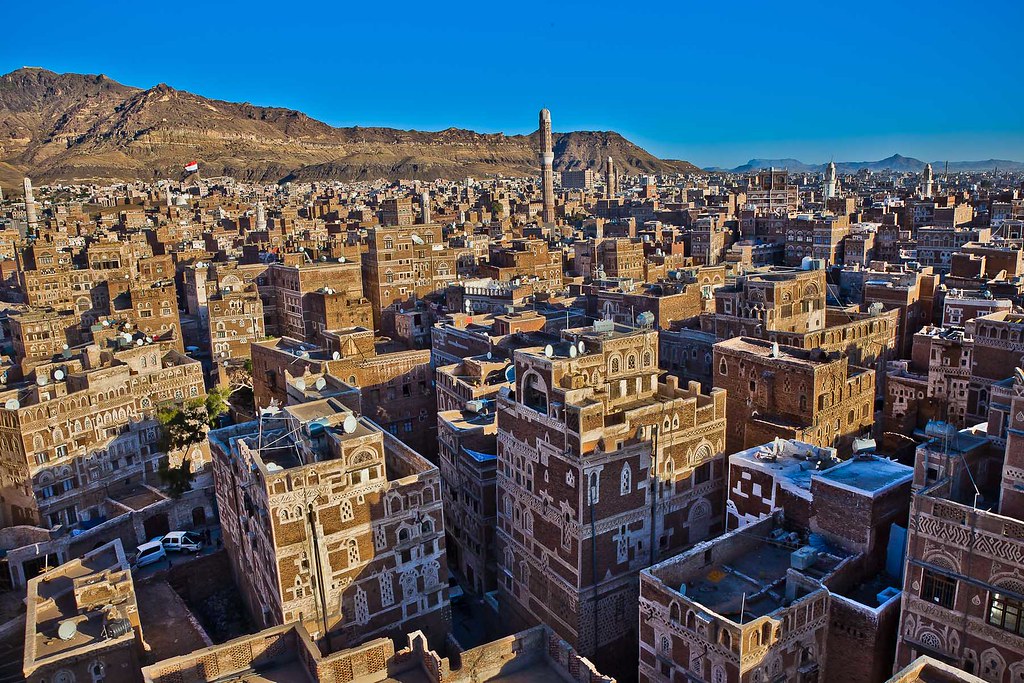anonymus
BANNED

- Joined
- Sep 22, 2011
- Messages
- 3,870
- Reaction score
- -7
- Country
- Location
That is all rubbish. The split in Islam happened from its earliest days after Mohammad's death before Iranians were Muslim and has to do with Arab infighting over the succession to the Prophet. It has nothing to do with us.
It took about 250 to 300 years before the demographics of the Iranian population tilted from being mainly non-Muslim to becoming predominantly Musim. Before the 16th century CE, there were only small pockets of Shi'as among the Persian population. Only in northwest Iran were Shi'a in bigger concentrations, mainly among the Turkic tribes. The Shi'a branch was introduced to the rest of Iranians by the Safavids who were from a militant confederation of Irano-Turkic tribes that followed a Shi'a-Sufi heterodoxy from northwest Iran. After they had conquered and politically reunified the Iranian heartland and established their rule, they decided to opt for Shi'a Islam as the state religion and convert the rest of Iranians to follow this branch. They did this by inviting Shi'a clerics from Lebanon to settle in Iran and spread Shi'a Islam among the people.
So the main branch / school of Shi'a Islam in Iran today came to us first from Lebanon in the 16th century. The Safavids themselves also converted to this orthodox Shi'a Islam from their original Shi'a-Sufi heterodoxy that they followed when they were just tribal militants from northwest Iran.
While the split in Islam happened in it's earlier days, Shiites were never strong enough to avoid complete marginalization at the hand of Sunni's. My point was not about " When the split happened" but about " Who developed shi'ism's theology ".
+ shi'ism wasn't introduced by safavid's, in Iran. They just forced every Iranian to follow twelver ideology.
some snippets from the article linked.
In the early stages, the Shīʿites used this legitimism to cover the protest against the Arab hegemony under the Umayyads and to agitate for social reform.
Gradually, however, Shīʿism developed a theological content for its political stand. Probably undergnostic (esoteric, dualistic, and speculative) and old Iranian (dualistic) influences, the figure of the political ruler, the imam (exemplary “leader”), was transformed into a metaphysical being, a manifestation of God and the primordial light that sustains the universe and bestows true knowledge on humanity. Through the imam alone the hidden and true meaning of the Qurʾānic revelation can be known, because the imam alone is infallible. The Shīʿites thus developed a doctrine of esoteric knowledge that was adopted also, in a modified form, by the Sufis. The orthodox Shīʿites recognize 12 such imams, the last (Muhammad) having disappeared in the 9th century. Since that time, the mujtahids (i.e., the Shīʿite divines) have been able to interpret law and doctrine under the putative guidance of the imam, who will return toward the end of time to fill the world with truth and justice.
Islam (religion) :: Shi'ism -- Encyclopedia Britannica














